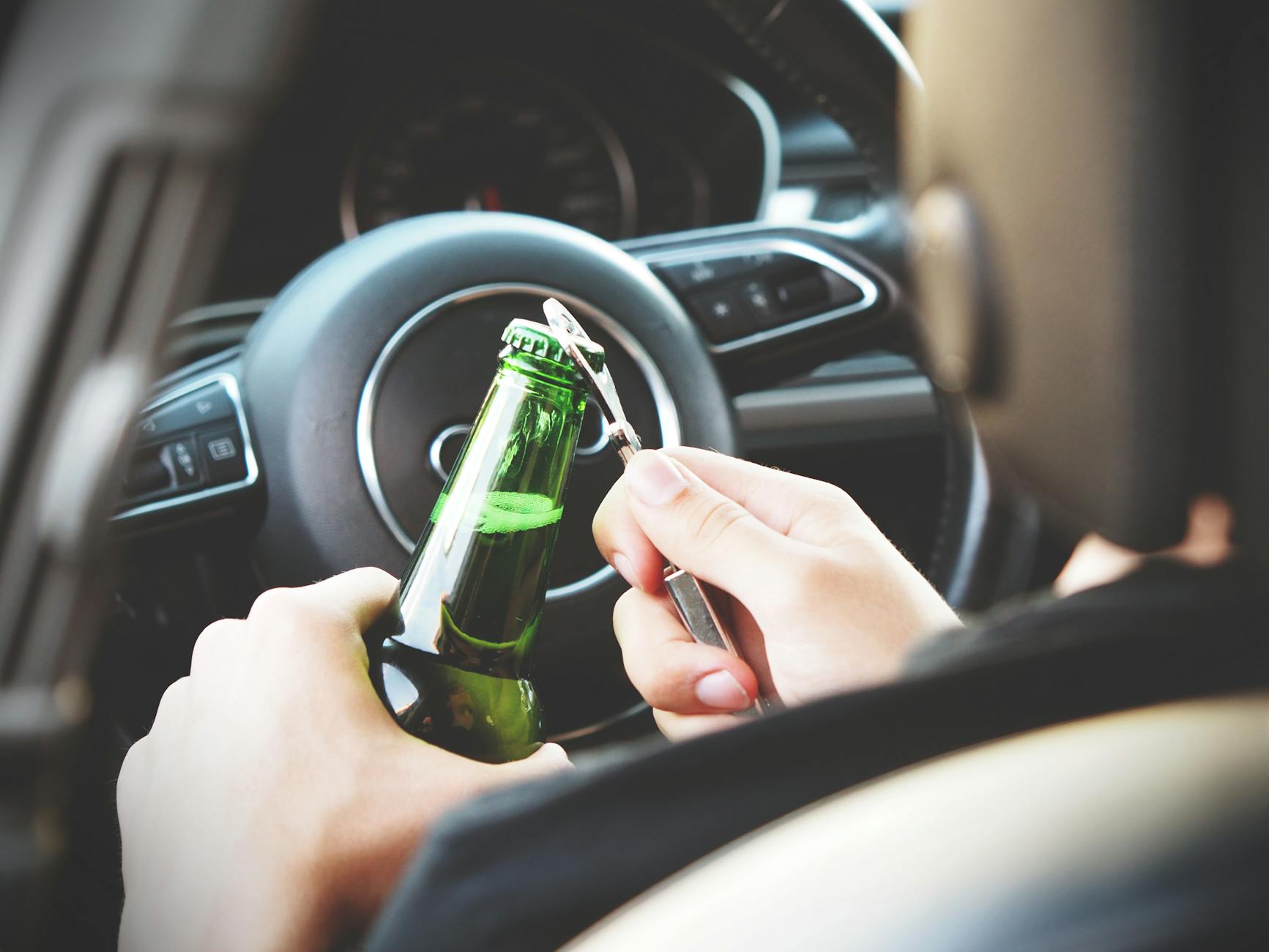Discover the surprising truth behind the infamous one beer wonder myth and the science of intoxication in our latest post.
Table of Contents
Alcohol consumption has long been a social activity enjoyed by many around the world. Whether it’s a casual gathering with friends or a celebratory event, the question of how many beers it takes to get drunk is a common curiosity among those who partake in drinking. In this blog post, we will dive into the science behind alcohol intoxication and explore the factors that influence how quickly one can become intoxicated.
Alcohol Metabolism and Individual Tolerance Levels
When you consume alcohol, it is absorbed into your bloodstream through the stomach and small intestine. From there, it is metabolized by the liver at a rate of approximately one standard drink per hour for the average person. However, this rate can vary depending on factors such as body weight, gender, and overall health.
Individual tolerance levels also play a significant role in how quickly someone becomes intoxicated. Some people may feel the effects of alcohol after just one or two drinks, while others may be able to consume several drinks before feeling drunk. This variation is due to differences in enzyme activity and the body’s ability to process alcohol.
Various Factors Influencing Intoxication
Not all alcoholic beverages are created equal when it comes to intoxication levels. The alcohol content of a drink, as well as the rate at which it is consumed, can impact how quickly someone becomes drunk. For example, a strong spirit with a high alcohol percentage will have a more potent effect than a light beer with a lower alcohol content.
Food intake can also influence intoxication levels. Consuming alcohol on an empty stomach will result in quicker absorption and increased intoxication. Eating a meal before drinking can slow down the absorption of alcohol and help mitigate its effects.
Hydration is another important factor to consider when consuming alcohol. Staying hydrated can help your body process alcohol more efficiently and reduce the risk of dehydration, which can exacerbate the effects of intoxication.
Body weight plays a role in how alcohol is metabolized. Generally, the more body mass someone has, the more alcohol they can consume before feeling drunk. However, it’s important to note that tolerance levels can vary greatly among individuals, regardless of weight.
Genetics also play a part in alcohol tolerance. Some people have genetic variations that affect how their bodies process alcohol, making them more or less susceptible to intoxication. Gender can also influence alcohol metabolism, with women typically having a lower tolerance for alcohol than men due to differences in body composition and enzyme activity.
Conclusion
As we’ve delved into the science behind alcohol metabolism and the factors influencing intoxication, it becomes clear that there is no one-size-fits-all answer to the question of how many beers it takes to get drunk. The effects of alcohol on the body are complex and can vary significantly from person to person.
It’s important to drink responsibly and know your limits when consuming alcohol. Pay attention to how your body responds to alcohol and make informed decisions about when to stop drinking. Understanding the science behind intoxication can help you enjoy alcohol in a safe and responsible manner.
Stay tuned for more insightful posts on this topic as we continue to unravel the mysteries of drunkenness and provide valuable information for those who choose to indulge in alcohol consumption.
FAQ
Question 1: How many beers does it take to get drunk?
Answer 1: The number of beers it takes to get drunk varies based on individual factors like body weight and tolerance levels. It’s important to drink responsibly and know your limits.
Question 2: Does the type of alcohol affect intoxication levels?
Answer 2: Yes, the alcohol content of a drink and how quickly it is consumed can impact how quickly someone becomes intoxicated. Strong spirits with higher alcohol percentages will have a more potent effect.
Question 3: How does hydration affect intoxication?
Answer 3: Staying hydrated can help your body process alcohol more efficiently and reduce the risk of dehydration, which can worsen the effects of intoxication. It’s important to drink water and pace yourself when consuming alcohol.
Question 4: Are genetics a factor in alcohol tolerance?
Answer 4: Yes, genetics play a role in how the body processes alcohol. Some people have genetic variations that affect their alcohol metabolism, making them more or less susceptible to intoxication. Understanding your genetic predispositions can help you make informed decisions about drinking.


Leave a Reply